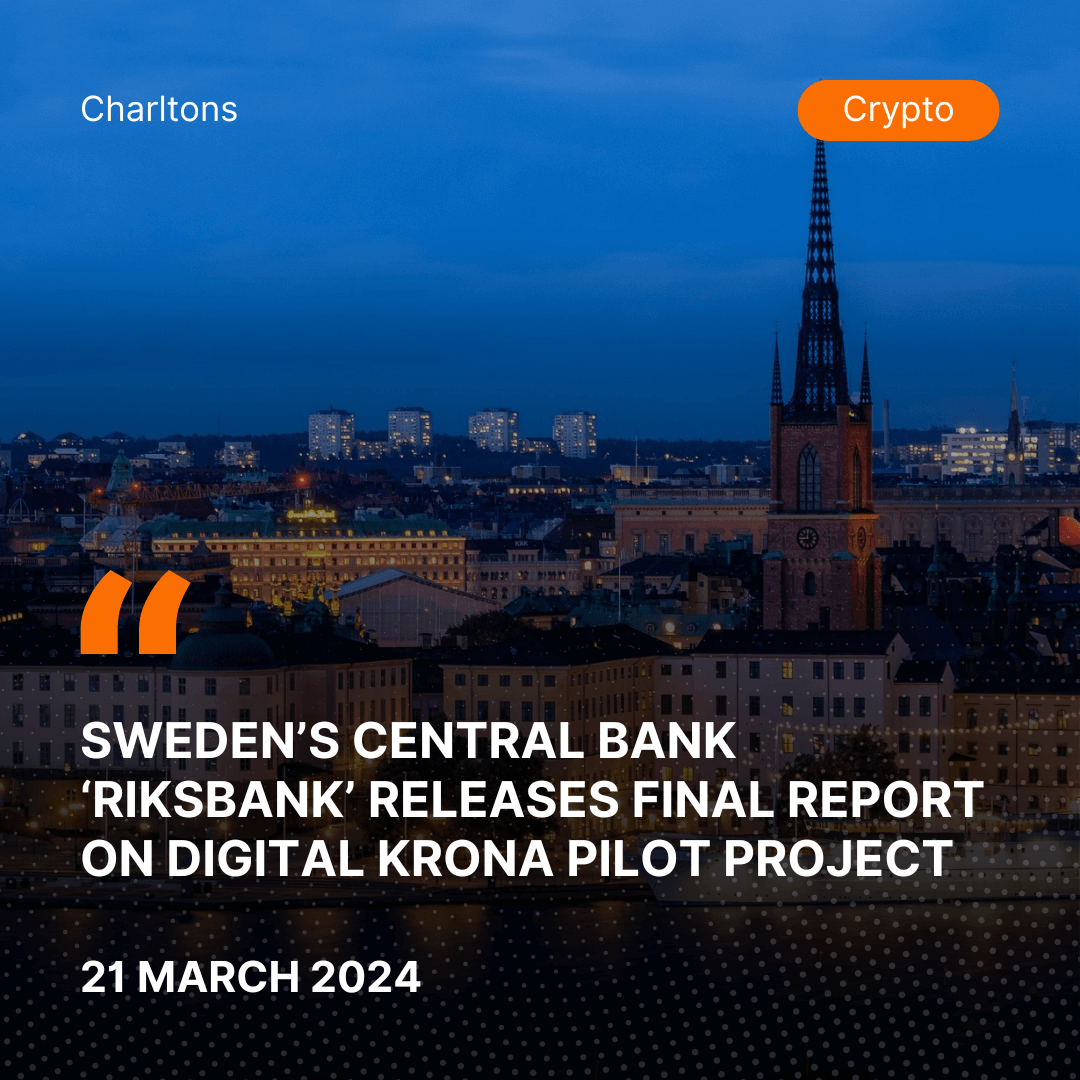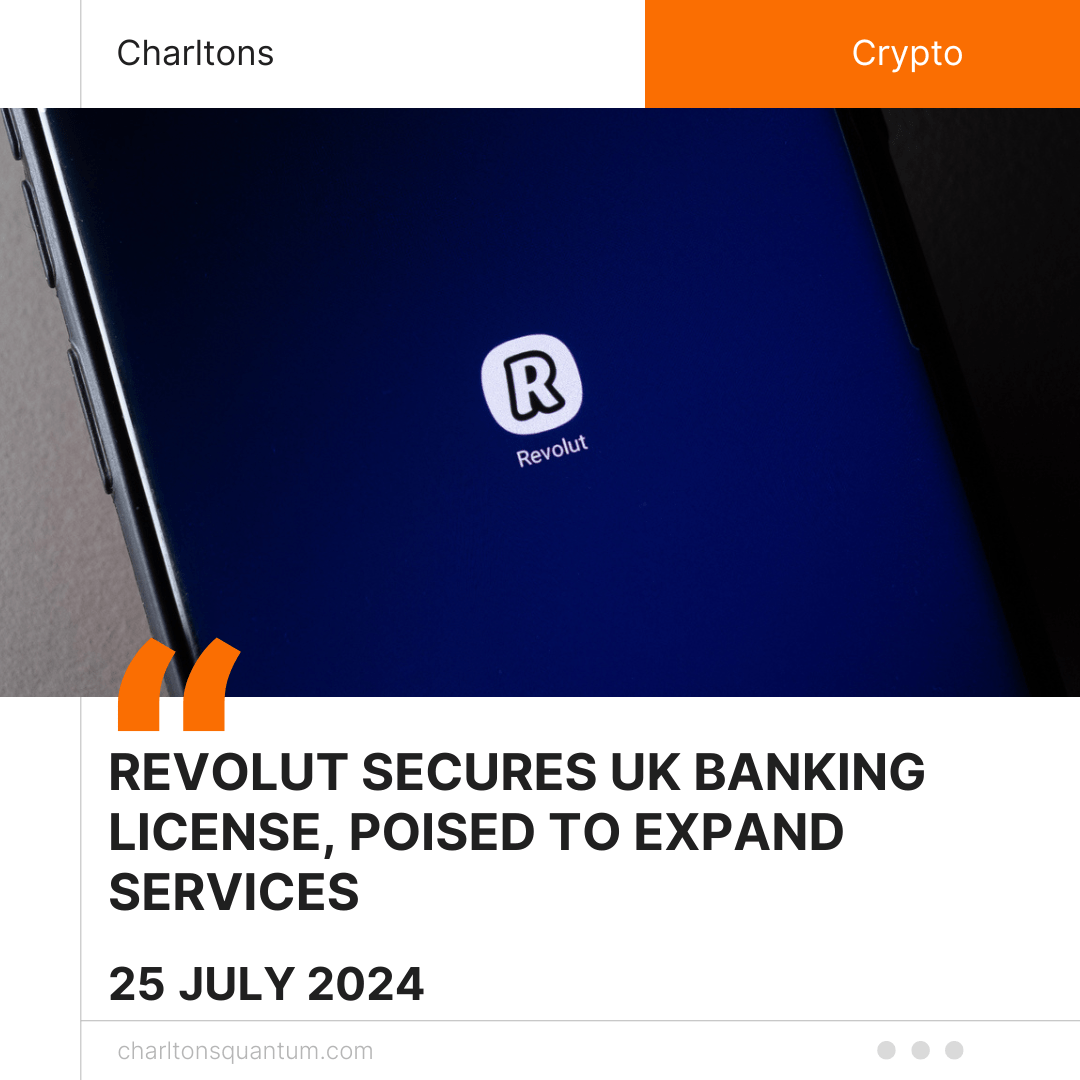
The Riksbank has published its conclusive report on the ‘digital krona’ pilot project, focusing on end-user experiences and offline functionality. Released on March 20, the report delves into a new model for offline retail transactions, diverging from the one proposed in the pilot’s Phase 2, where offline transaction data was stored on mobile phones.
Four primary use cases were investigated, including funding and defunding the payment instrument, offline payments at point-of-sale (POS) using near-field communication, offline transfers between two cards, and imposing limitations on card balances and transaction numbers.
The usage of mobile phones for communication between cards and POS terminals posed security concerns, leading to complexities in user-to-user payments. Synchronization of payment cards after transactions was identified as a crucial issue, with potential liquidity issues if not managed correctly. To address this, counters would ensure proper synchronization and prevent replay attacks.
Restrictions would be programmed into the payment cards to limit the size and number of offline transactions, necessitating the issuance of new cards when restrictions change. Digital certificates were employed to ensure the security of instructions between payment cards and the intermediary, utilizing R3’s Corda platform. However, trusted and verified infrastructure would be required before the system’s launch.
Sweden initiated research on the e-krona in 2020, with the Riksbank pledging to persist in CBDC research should legislation be enacted to introduce one.





